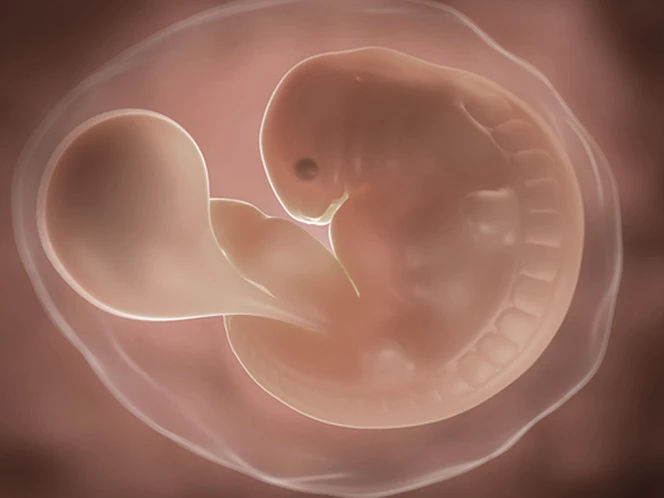At 5 weeks pregnant, exciting developments are happening. From the development of your baby’s vital organs to the formation of the umbilical cord, your baby is growing rapidly. Your body is going through some big changes, too, even if you’re not aware of them yet.
This week might be the week that you begin to suspect that you’re pregnant, and you may have had a missed period - one of the first tell-tale early pregnancy symptoms. However, this may not be the case if your periods are irregular.
Here we’re looking at some of the possible 5 weeks pregnant symptoms, as well as your baby’s growth and development, and the importance of a healthy pregnancy diet.









